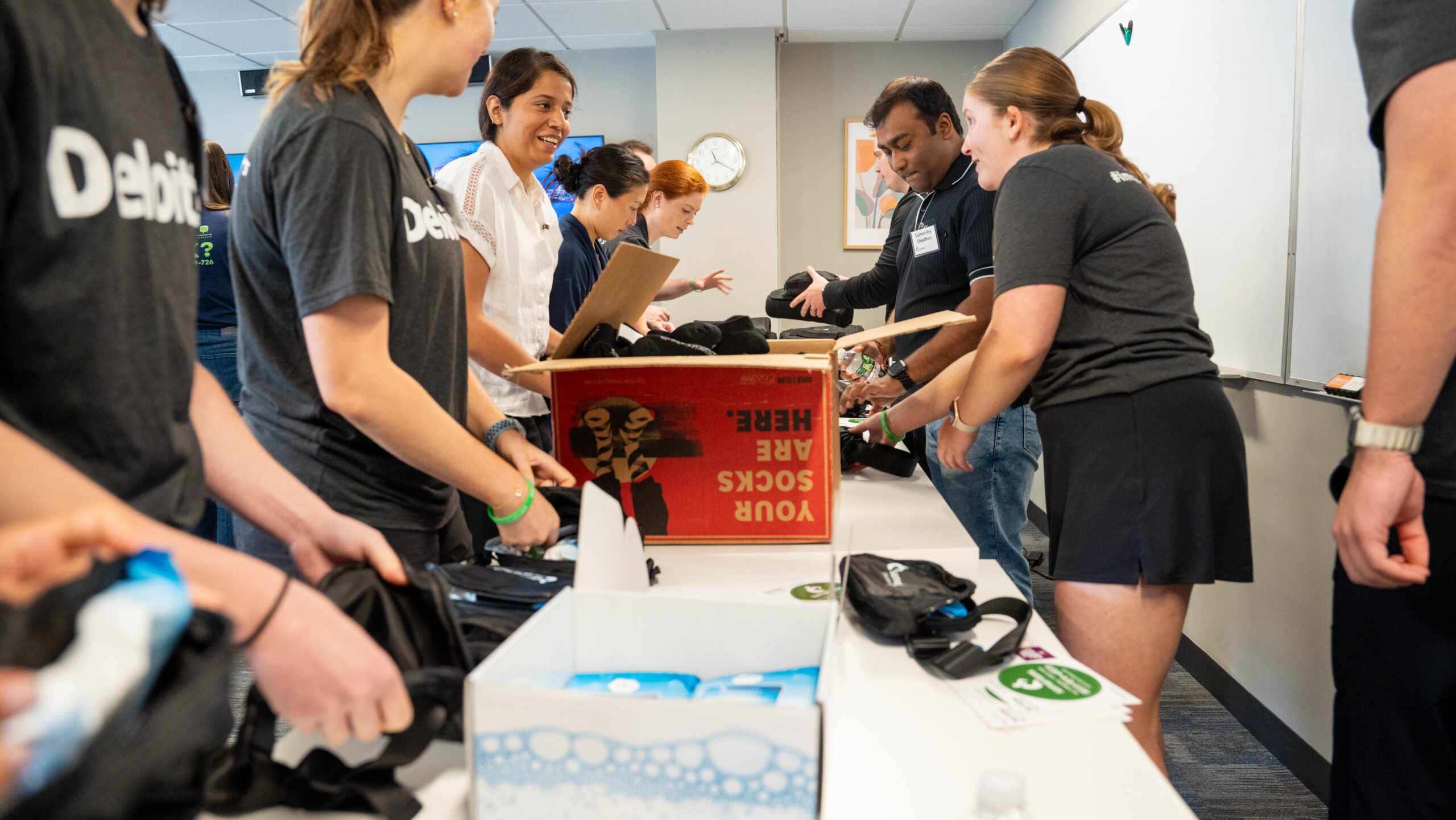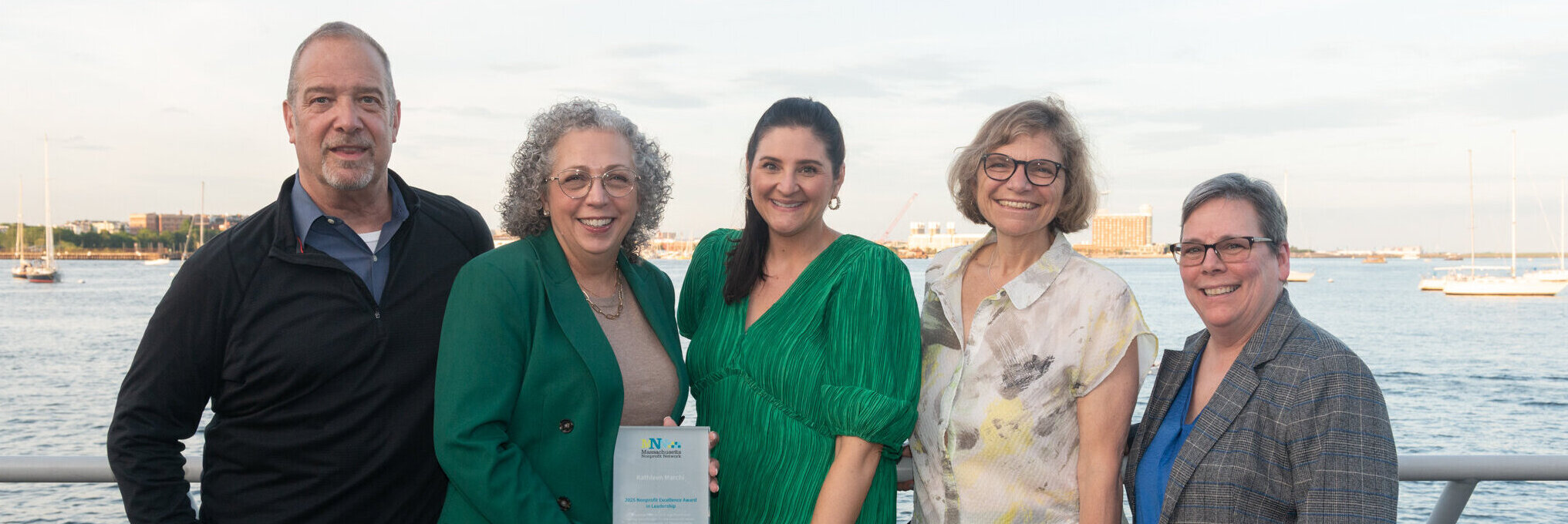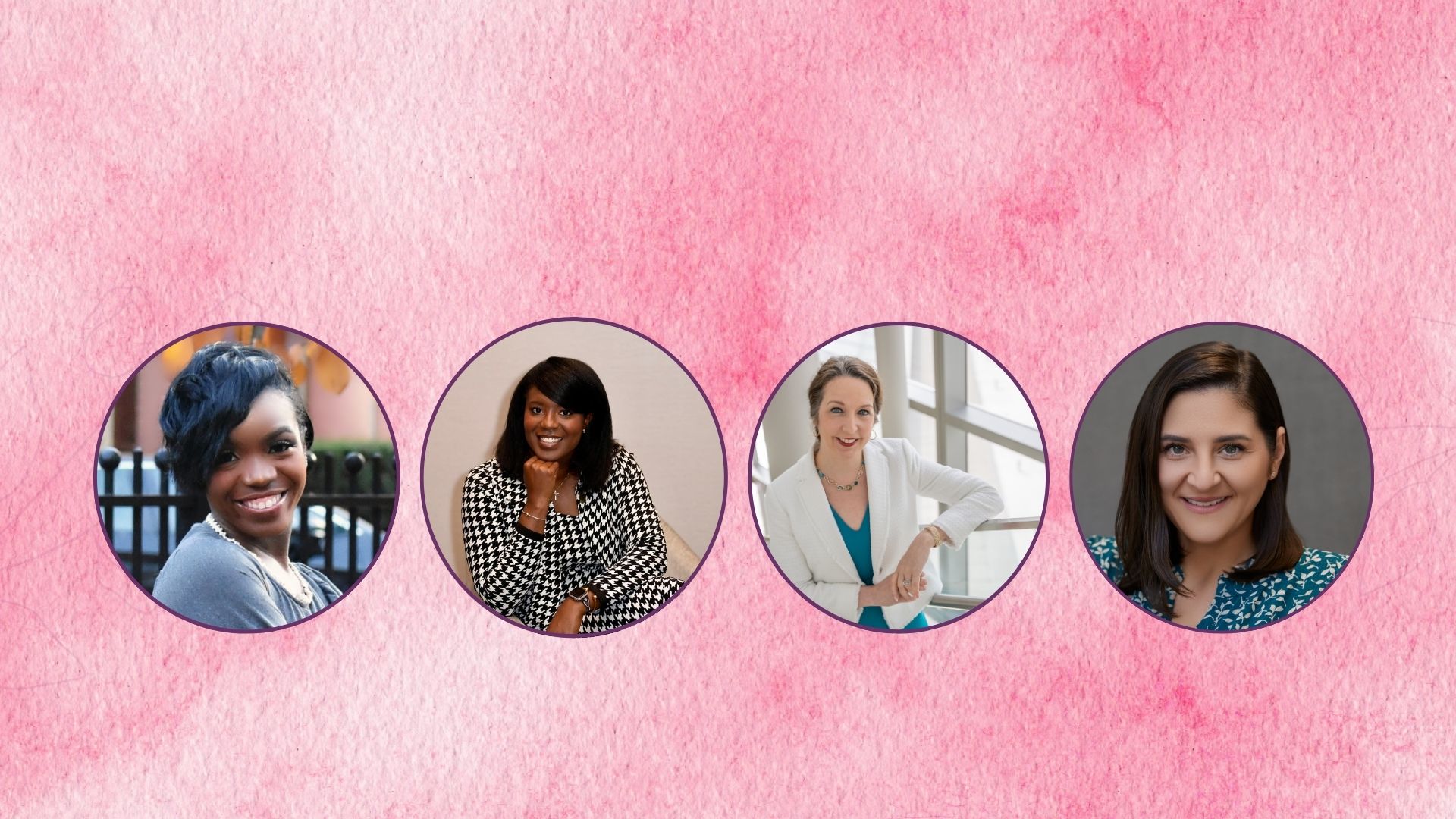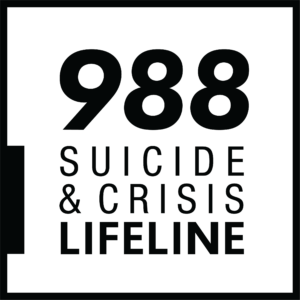For decades, suicide prevention has been broad and generalized for the entire population—unintentionally making the assumption that all communities have the same suicide prevention and mental health needs. At Samaritans, we know that this can’t be further from the truth. If we want to truly prevent suicide and support the mental health of all communities, we need to better understand what is happening in each population. We need to understand how suicidal ideation and mental illness show up in each community, and we need to understand how suicide prevention work is received.
And we cannot do the work alone. To move toward a world without suicide, we need to work hand-in-hand with other organizations who know and deeply understand each unique community.
At Samaritans, we have made strides to better support the LGBTQ+ community—and we are continuing to learn along the way. These are some things we are learning and what we are doing to grow in our allyship with the LGBTQ+ community.
What We Have Learned:
Stories matter
To put history into perspective, in the 1970s, homosexuality was listed in academic texts as a mental illness—a mere 50 years ago. Members of the LGBTQ+ community have lived in a society that does not readily invite them to share their experiences and their stories. The byproduct of this cycle of socialization is a population of LGBTQ+ youth and adults who, at times, do not feel they can be and share their true selves in public—often forcing them to interact at a more superficial level to be able to navigate public life. This disenfranchisement of the LGBTQ+ community and an inability to tell their stories has created a world of mental health struggles—often causing members of the community to feel alone. At Samaritans, we know that providing the space for members of the LGBTQ+ community to truly express themselves in the way they want can build trust and self-confidence. For this reason, we have evolved our suicide prevention workshop to create more space for storytelling and “storycatching”—because we realize how much personal stories and experiences matter in suicide prevention work.
Allies make a difference
It is common to hear grim statistics about the mental health struggles of the LGBTQ+ community because of the historic and ongoing stigma they face. However, there is also data surfacing that inspires hope and that absolutely affirms the role we all can play in caring for the mental health of the LGBTQ+ community. For example:
- Transgender and nonbinary youth who have their pronouns respected by the people they live with attempt suicide at half the rate of those whose pronouns are not respected in their household.
- 71% of LGBTQ+ youth reported feeling a sense of belongingness when non-LGBTQ+ people used their own platform for advocacy and support.
For those who do not identify as members of the LGBTQ+ community, this means that there is work to do. Allies can make a positive difference with their actions and words and can help to prevent suicide.
How to Stand with the LGBTQ+ Community
Be a “Storycatcher’: Invite the LGBTQ+ community to share their stories & actively listen to their experiences.
Speak Up: When you hear a derogatory reference to the LGBTQ+ community—even in jest—speak out against it.
Be An Ally: Take action as an LGBTQ ally. It makes a difference.
Honor Identity: Use a person’s desired pronouns to create a sense of safety, dignity, and respect.
What We Are Doing:
Working in partnership with other organizations
We know that that best way to prevent suicide and provide mental health support to communities is by working with organizations who are embedded in and working closely with those communities. Two organizations we have begun working closely with are Greater Boston PFLAG and the Tewksbury Council on Aging.
Greater Boston PFLAG advocates for equity and societal affirmation of LGBTQ+ people by building and strengthening loving families, safe communities, and a diverse and inclusive society. We are currently working with them to develop a program for LGBTQ+ youth to support them at the start of the next school year.
Tewksbury Council on Aging aims to enhance the lives of senior citizens by identifying their needs and developing programs, activities, and resources to provide them with an independent and enriched quality of life. We have worked with the council to create a mental health fair specifically for the LGBTQ+ elder community, as we know that this community has experienced criminalization, discrimination, and social stigma the majority of their lives, which has led to heightened mental health struggles related to social isolation, loneliness, and disenfranchised grief.
Reaching outside the LGBTQ+ community
In 2022, we hosted a webinar with Greater Boston PFLAG where we invited educators and parents to listen to a panel of LGBTQ+ students and a parent of a transgender child to build their awareness and understanding about the experiences of the LGBTQ+ community. If we are to create a world where suicide and mental health struggles are reduced for the LGBTQ+ community, we know that it needs to begin with very intentional work with those who do not identify as a member of this community. Our webinar invited panelists to answer questions about how to best support those who identify as part of the LGBTQ+ community. We created this space because we know that without these vital conversations, support of the LGBTQ+ community can never be truly achieved.
We know that we have only scratched the surface in terms of what we can learn and how we can evolve our support of this community. As we come to the end of Pride Month, we invite you to join us in taking steps to support the LGBTQ+ community year round by being a more vocal ally and working to build space for LGBTQ+ folks to share their stories.









